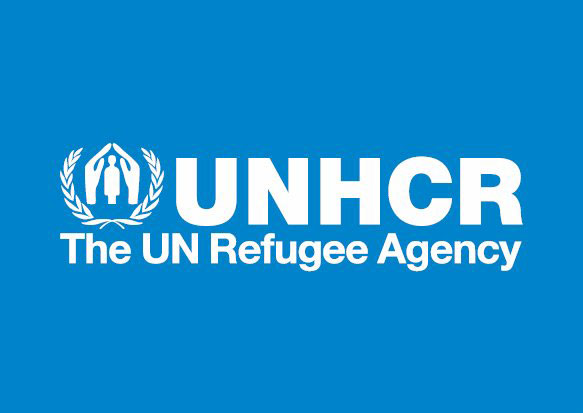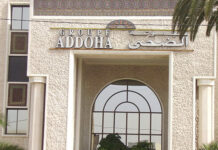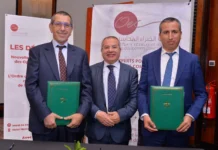In a historic move, Morocco has requested a formal vote for the adoption of the United Nations High Commissioner for Refugees’ (UNHCR) annual budget for 2025. This marks the first time in 75 years that the budget was passed by vote rather than consensus. The vote occurred during the 75th session of the UNHCR’s Executive Committee, which concluded last Friday in Geneva.
While Morocco expressed continued support for the UNHCR’s humanitarian mission, its Permanent Mission to the UN sought to highlight concerns over the organization’s handling of its mandate. Specifically, Morocco has raised issues regarding the protection of populations in the Tindouf camps in Algeria, which it claims are held in captivity by the Polisario Front, an armed separatist group.
Morocco’s grievances against the UNHCR
Morocco’s decision to call for a vote stemmed from what it views as several serious failings by the UNHCR in fulfilling its mission. Chief among these is the UNHCR’s alleged failure to ensure a proper census of the people living in the Tindouf camps. According to Morocco, the lack of a verified count violates international standards and allows for inconsistencies in the reported population figures, which the UNHCR publishes. These discrepancies, according to Morocco, make it easier for humanitarian aid to be diverted away from those who need it most.
Moreover, Morocco claims that international reports have documented the misappropriation of aid destined for the camp’s residents, an issue it says the UNHCR has not addressed adequately. The country also criticizes the agency for its failure to hold Algeria accountable for its responsibilities under international law. Morocco accuses Algeria of effectively relinquishing control over the camps to the Polisario Front, which, according to Rabat, deprives the camp’s inhabitants of basic rights, such as freedom of movement.
Children in militias and humanitarian violations
Another serious accusation Morocco has made against the UNHCR is its silence on the recruitment of children by Polisario militias. Morocco describes this practice as a flagrant violation of the camps’ civilian and humanitarian character and criticizes the UNHCR for not addressing the issue. Additionally, Rabat condemns the agency for ignoring the broader issues of forced family separations, arbitrary displacements, and the precarious security situation in the camps. These conditions, Morocco argues, only serve to perpetuate the vulnerability of the people living there.
A Call for International Action
Given these numerous grievances, Morocco is calling for urgent international action to address what it views as violations of the rights of the Tindouf camp populations. The country insists that the international community must intervene to protect these people and ensure their fundamental human rights are upheld.
In its plea for a vote, Morocco’s Permanent Mission stressed that the UNHCR must take full responsibility for rectifying these issues. The Kingdom reminded the international body that its own policies regarding asylum and refugee protection have been globally recognized for their exemplary nature.
A strategic abstention
Interestingly, despite initiating the vote, Morocco ultimately chose to abstain, citing a desire not to obstruct the UNHCR’s humanitarian work. This strategic abstention, according to Moroccan officials, was a reflection of their commitment to the core principles of the UNHCR, even as they seek urgent reforms within the organization.
This unprecedented vote serves as a clear message from Morocco that it will continue to use all available avenues to push for what it sees as necessary changes within the UNHCR. The Kingdom remains firm in its demands for transparency, accountability, and adherence to international law in the treatment of populations in the Tindouf camps.





